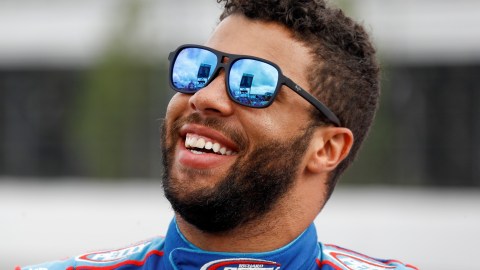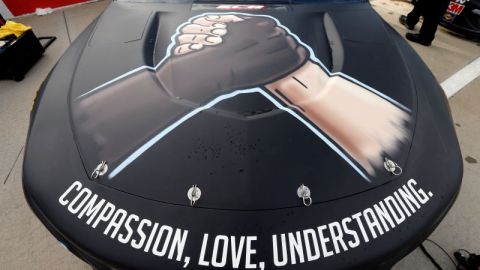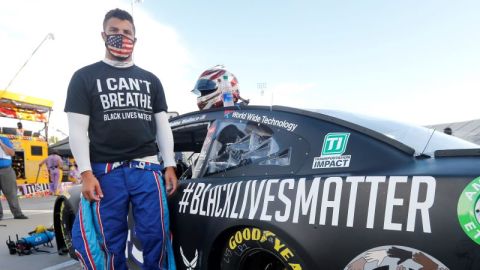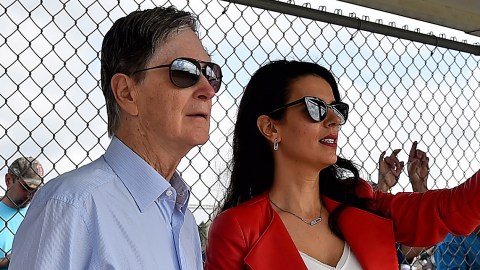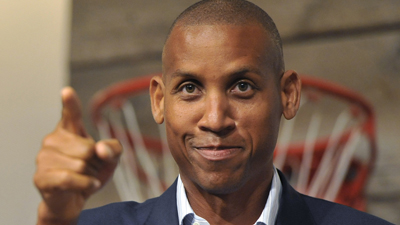 When Indiana Pacers fans descend on Springfield, Mass., for
When Indiana Pacers fans descend on Springfield, Mass., for
Reggie Miller‘s induction into the Naismith Memorial Basketball Hall of Fame,
hopefully they bear in mind that a vocal portion of them never wanted the guy.
It is unthinkable now that anybody in the Hoosier State
would boo Miller, one of the greatest shooters of his generation and arguably
the greatest clutch player never to win a championship.
Miller is the man who
downed the Knicks with 25 points in the fourth quarter of Game 5 of the 1994
Eastern Conference Finals, then topped the feat a year later by scoring eight
points in 8.9 seconds in Game 1 of the 1995 conference semifinals. Miller getting
booed in Indiana is like Paul Pierce getting booed on Causeway Street:
unimaginable.
Yet that is precisely what happened, and as Miller takes his
place in basketball’s pantheon we are reminded that fans often think with their
hearts, rather than their heads, and that an executive’s job is to filter out
the emotion to make the smart, objective decision.
Pacers fans, at least the loudest ones, made clear their
disgust when their team selected Miller with the 11th pick in the 1987 NBA
draft. They wanted home-state hero Steve Alford, the New Castle, Ind., native
who had just helped Indiana University win a national championship. Pacers
general manager Donnie Walsh addressed a gathering of fans at Market Square
Arena to announce the Miller pick, only to dash off stage moments later under a
rain of boos.
The previous year, Walsh had overseen the selection of Chuck
Person, a pick that also was booed by Pacers fans. If fans were going to react
with such disdain to every first-round pick, Walsh decided, he would no longer
willfully offer himself to be a whipping boy.
“When I came off the stage, I said, ‘We’re not going
doing this anymore, having everybody in the arena,'” Walsh told the
Pacers’ official website earlier this year. “People were telling me I was
going to get shot, and I thought if I was going to get shot, I wasn’t going to
make it easy on them, so I ran off the stage.”
Walsh’s explanation for drafting Miller has changed over
time and the reasoning is occasionally contradictory. His one-line explanation
is that the Pacers needed a shooting guard, which Miller was, and not a point
guard, which Alford was. But in extended interviews, Walsh has contended that
the Pacers’ top target was Kevin Johnson,
a point guard out of California who was taken seventh by the Cavaliers.
(Johnson was likewise booed by Cavs fans, since Cleveland already had an
All-Star point guard of the future in Mark Price. Midway through the season, Johnson
would be traded to Phoenix for Larry Nance.) In that version of events, the
Pacers settled on Miller after it became clear Johnson would not fall to their
spot at No. 11, punching a hole in the “we needed a two-guard” story.
How Walsh arrived at the choice is unimportant, however, because
it was unquestionably the right choice. Seven players from the 1987 draft would
become NBA All-Stars, and only two of them (so far) other than Miller are in
the Hall of Fame — David Robinson and Scottie Pippen. Alford ended up going to
Dallas with the third pick in the second round, 26th overall, and played only
five seasons. He started three games, never averaged more than 5.5 points in a
season, and by 1991 he had moved on to coaching at the Division III college
level in North Manchester, Ind.
Walsh was right about Miller, just as he was right about
Person. Fans expected Walsh to take a center in 1986, and were surprised when
he instead spent the No. 4 pick in a deep draft on the prolific volume shooter
dubbed “The Rifleman.” History revisionists may imagine that the
Pacers could have taken Dennis Rodman or Kevin Duckworth at that spot, but at
that time William Bedford, Roy Tarpley, Brad Sellers and John Salley were held
in much higher esteem as big men. If Walsh and the Pacers are to be criticized
for passing on the future Hall of Famer Rodman or the two-time All-Star
Duckworth, then the criticism is shared by the other 22 teams who passed on
both players until the second round.
Diehard fans watch games religiously, and as a result they
feel like they know their team. That does not mean they know the game. Almost
any fan can easily see that his team needs a point guard, for example, but not
every fan recognizes that sometimes the point guard available is not the right
point guard for the situation. Smart executives like Walsh typically do, so
occasionally they must make the move that makes sense, rather than the move
that is popular.
Check out the Miller
family’s reaction to the Pacers’ draft pick in 1987 in the video below.
Have a question for
Ben Watanabe? Send it to him via Twitter at @BenjeeBallgame
or send it here.
